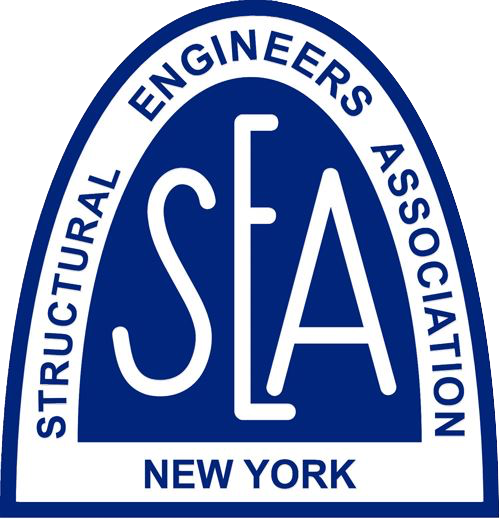Menu
Log in
https://seaconn.org/event-6388258
CONTACT US: (t) 646.736.0694 (e) admin@seaony.org | ABOUT US:
© Copyright 2023 SEAoNY SEAoNY Education Foundation is a 501(c)3 non-profit organization. SEAoNY is a 501(c)6 non-profit organization.
|
Powered by Wild Apricot Membership Software
